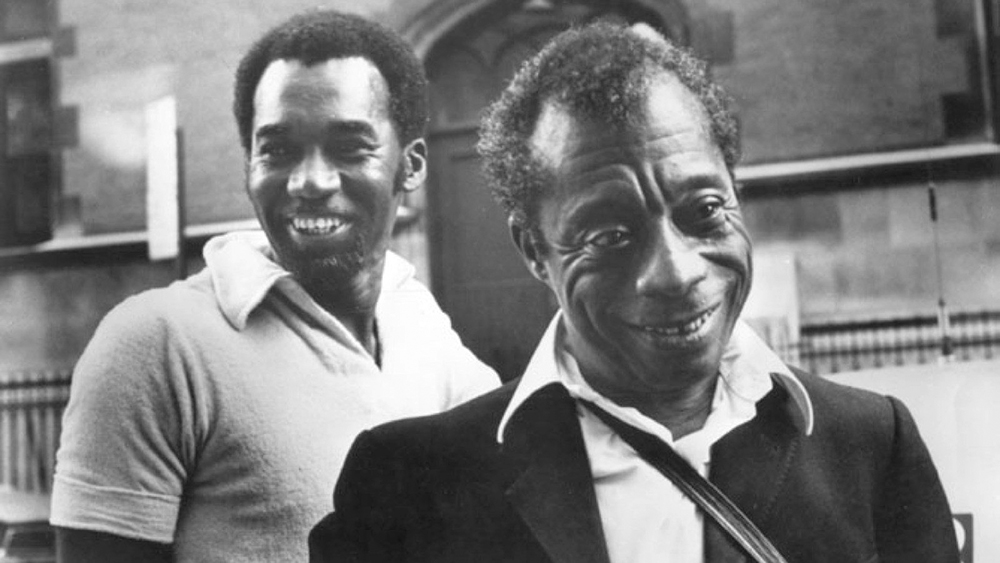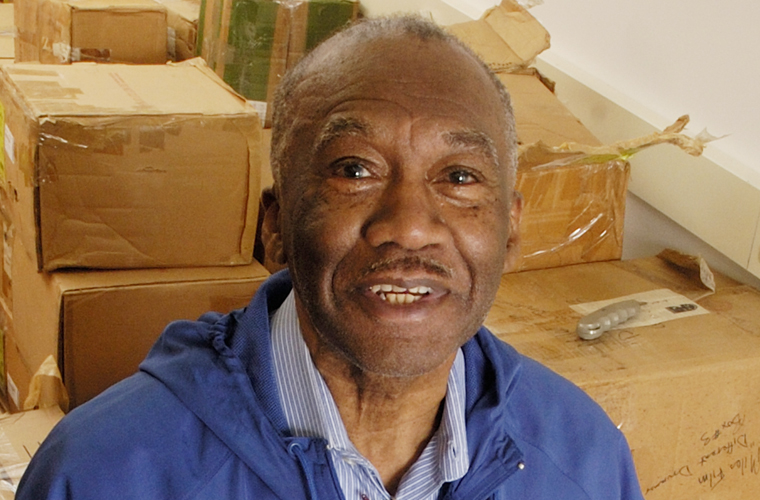William Miles (1931-2013) was an acclaimed American documentary filmmaker known for his work in capturing and documenting African-American history and culture. He was born on February 9, 1931, in Atlanta, Georgia. Miles’ films focused on various aspects of African-American life, history, and the civil rights movement. He is particularly known for his trilogy of documentaries that chronicle the experiences and contributions of African-Americans in different periods of American history.
“Men of Bronze” (1977): This documentary explores the story of the African-American soldiers who served in the 369th Infantry Regiment during World War I, also known as the Harlem Hellfighters. It examines their struggles, achievements, and the racial discrimination they faced both abroad and at home.

“I Remember Harlem” (1981): This film delves into the vibrant cultural and social life of Harlem in the 1930s and 1940s. Through interviews and archival footage, Miles captures the essence of the neighborhood during the Harlem Renaissance, highlighting the artistic, literary, and musical contributions of African-Americans.
“The March” (1990): This documentary examines the historic March on Washington for Jobs and Freedom in 1963, where Dr. Martin Luther King Jr. delivered his iconic “I Have a Dream” speech. Miles combines rare footage and interviews with key figures to provide an in-depth look at the event and its significance in the civil rights movement.
These films, along with others in his filmography, showcase Miles’ commitment to shedding light on African-American history and achievements. His documentaries often focused on lesser-known stories and individuals, providing a deeper understanding of the African-American experience.
William Miles passed away on December 24, 2013, in New York City, leaving behind a valuable body of work that continues to inform and inspire audiences interested in African-American history and culture.

